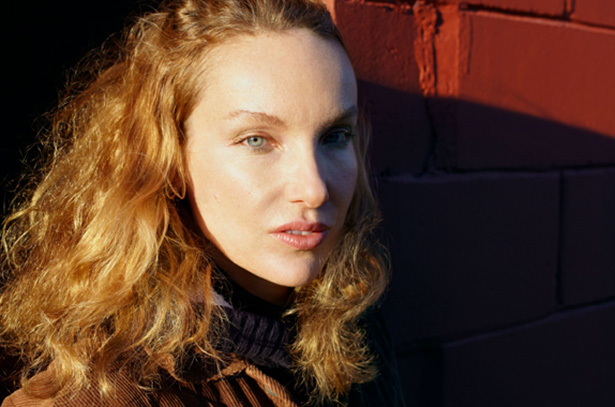
Rita Ackermann
Turning Air Blue
30 September 2017 - 1 January 2018
Somerset
Selected images

Nude 21
2017
Installation views
Related Content
About the Artist

Rita Ackermann
The opposing impulses of creation and destruction mark the touchstone of the Hungarian-born, New York-based artist Rita Ackermann’s practice, which continues to evolve and manifest itself in the shift from representation to abstraction.
Ackermann’s compositions occupy a space between the figurative and the abstract, where human forms simultaneously disappear and re-emerge. In a series titled Chalkboard Paintings, large-scale compositions on canvas were primed with chalkboard paint, on which washes of white chalk and green and blue pigments were applied. These Abstract Expressionist-like works are reminiscent of actual chalkboards in a classroom, covered with unintentional erasures and marks, yet they have been conceptually executed by multiple deletions of figurative drawings and landscapes. By way of these gestures, the revenant outline of the erased drawings often emerges into the foreground. The final picture is a record of these movements.
Current Exhibitions
1 / 12


















